Anna Dolde ‘18, a Geography major, from Seattle, Washington, has been working with the nonprofit ReConnectRondo, which engages with the Rondo neighborhood in St. Paul, since last summer. She recently defended her honors project, titled “Why Is There Always a Winner and a Loser?” Participatory Insights and Recommendations to Promote Housing Resiliency in the Rondo Neighborhood of Saint Paul, Minnesota.” In this interview, The Mac Weekly hears from Anna about her work with ReConnect Rondo and the unique ethical and ideological quandaries of her honors project.
The Mac Weekly: Do you want to tell us about ReConnect Rondo in your own words to start? Their website is incredibly rich for anyone who wants to read it, but it would be great to hear about it in your own words.
Anna Dolde: So ReConnectRondo is an organization which is thinking about the possibility of implementing a land bridge in the neighborhood. So what a land bridge looks like is, it creates a tunnel for the freeway, for the actual underpass, and then on top of where there were cars and everything, you would have a multitude of development opportunities. So basically creating the land at street grade that was taken out for the depression of the freeway.
The Rondo neighborhood was displaced and bifurcated by the I-94 highway in the 1960s. [The land bridge is] a way to try and heal some of the wounds–of course, they all can’t be addressed–and recreate the space and make it into something actually positive for the neighborhood.
It’s very community-oriented. It was founded by Rondo community folks and all the decision making is going to be driven by Rondo folks. The organization still getting a lot of community engagement and really wanting to make sure that people think and believe that this kind of project would benefit the community.
TMW: How did you come to your honors project on it?
AD: [Community members] would constantly talk about the fear and threat of gentrification, but then also of the project not fitting community need or it not having community ownership. So what I did in my report, just to be clear, I was analyzing different strategies for ReconnectRondo. I wanted to validate the concerns I was hearing over and over again and then think about what can be done- what’s been done around the country, what’s feasible in the local St. Paul policy context and then what do Rondo folks want in terms of a shared vision of the future of Rondo–both in terms of the community ownership and vision, but then also in terms of mitigating gentrification.
TMW: What’s the discussion about whether or not the land bridge would be best for the neighborhood?
AD: The ReconnectRondo organization is thinking and messaging along the lines of–a land bridge project like this would serve as an opportunity to address community concerns and needs that are already there. I think that as much as that’s an ambition of the project, there is also some concern about the idea that it’s not going to address these needs and why isn’t it already being addressed right now– why do we need this big project which could spur gentrification and which could create further trauma in the neighborhood? Why would we need that to address the needs that are already here and not being discussed enough? So, I think it’s just figuring out how to address these needs with or without the land bridge project.
I think there’s a big issue with the positionality of the work that I was doing. I can try my best, and I can use the data I have and the community engagement that I have, but at the end of the day it isn’t truly place-based until folks in the community are completely in control of the results and work.
TMW: What do you think you’ve learned at Macalester that informed your work on the project?
AD: Honestly, one of the things I’ve benefited from the most was just learning about the limitations of my identity and my positionality and letting that drive better futures and research.
It’s really interesting to hear some Mac professors or other professors in general having criticisms about identity… “Believe in your work, it’s totally fine, you don’t have to address this.” And it’s such an oversight, beyond belief.
I’ve learned so much from Mac, but I also see the ways in which Mac has some things to learn about how to involve community voices and recognize positionality and take a step back. I’m struggling to talk about the positionality thing, because I’m very critical of that in myself but also have made progress (and am still working to make progress) to better understand these things.
TMW: Is there anything else you think you’ve learned from your Mac experience?
AD: I know that I was really struggling with how to encapsulate how I feel with this, but I think just making my viewpoint bigger with what is out there, but how i’m also out in the world and how my actions impact the world around me. Taking more accountability for myself and my actions and becoming more aware of the ways I can affect a space. I think also just recognizing how things are so connected. I’ve learned, on an experiential level, if you’re not satisfied with what you’re seeing or what you’re engaging with at the college, the act of trying to figure it out has been the most rewarding thing that I could have done, because I would have never done found out about ReConnectRondo if I had never done an internship, because I was sick of my classes that weren’t experiential.
Take it on yourself to find the thing that makes you passionate, the thing that makes you want to be at Macalester. I think it took me a while to find that. But I’m also happy with the path that I took and the reactions that I had in order to get to work with ReConnectRondo, which has been by far the best college experience, academically, I’ve had.

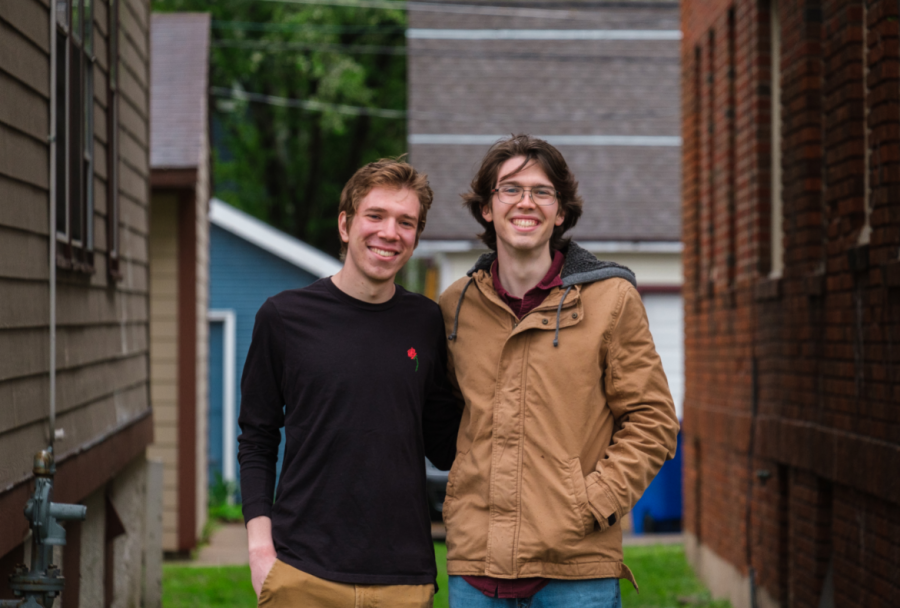
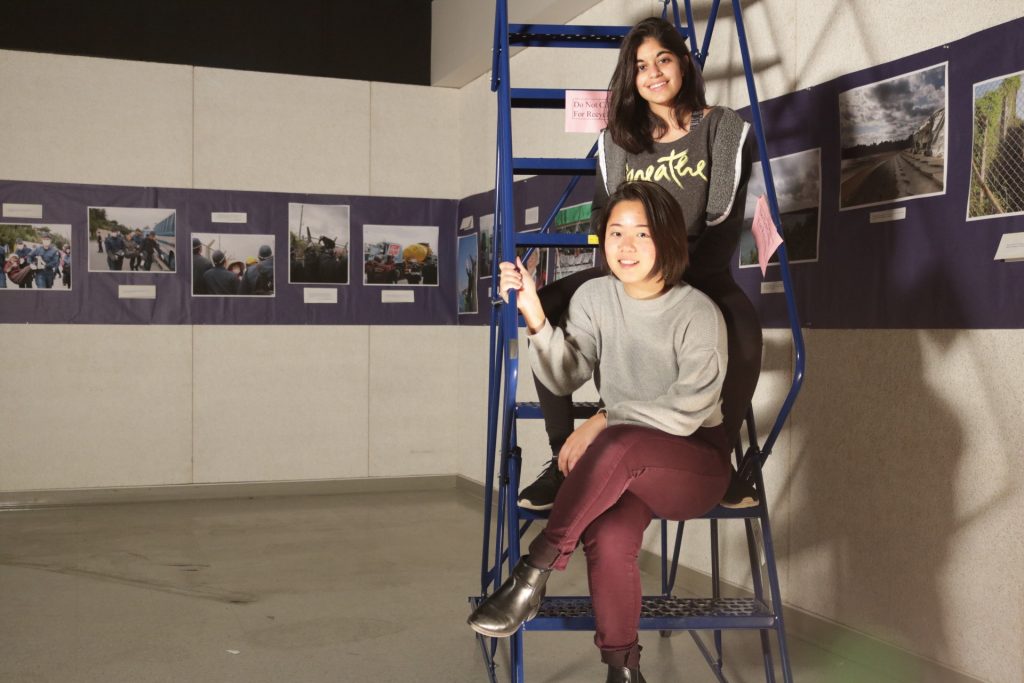
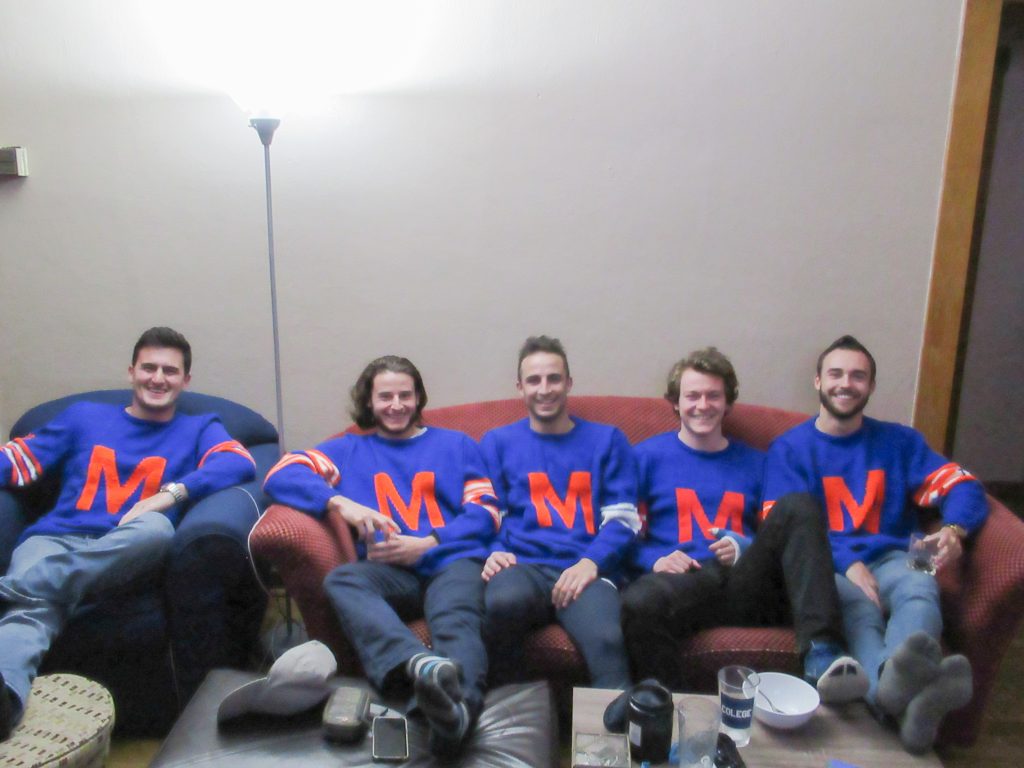
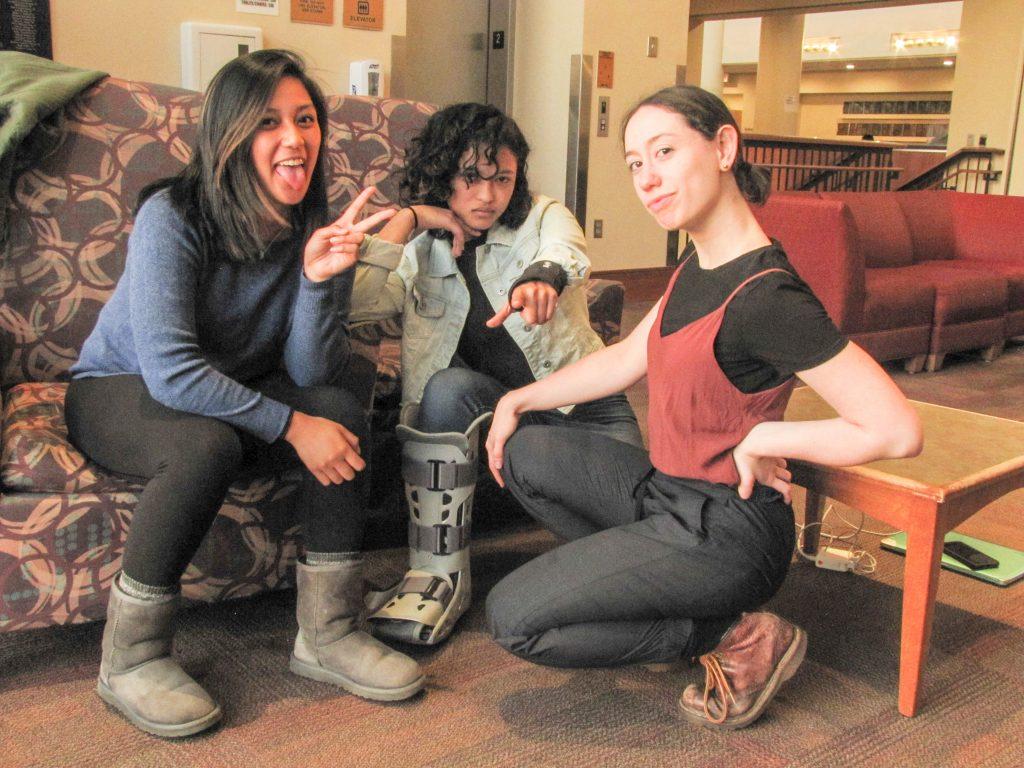
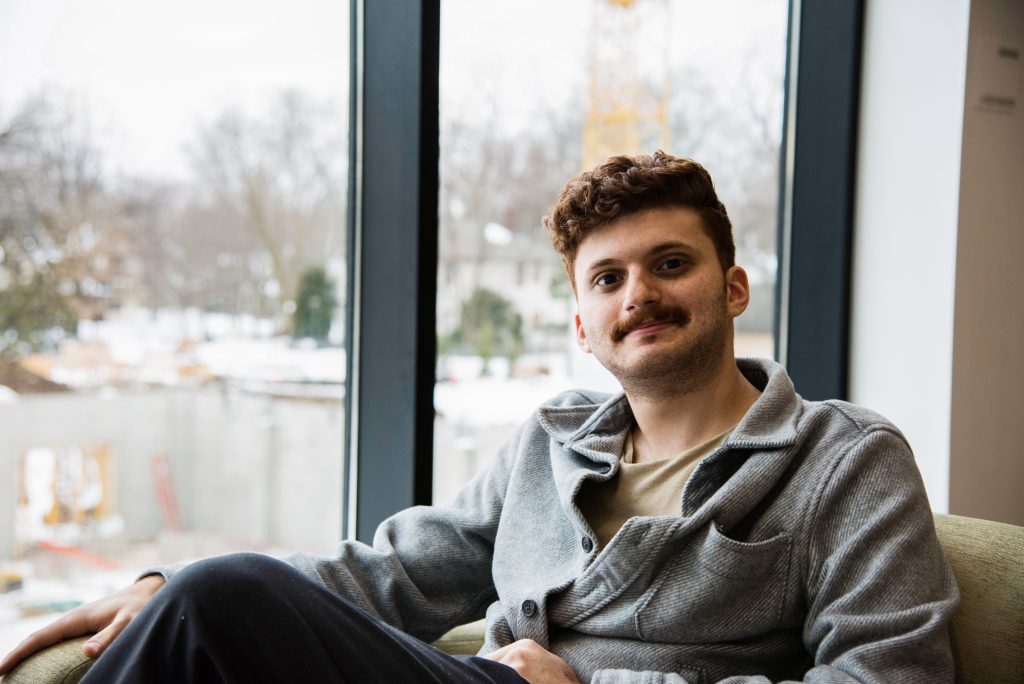
Donna Martin • Sep 6, 2019 at 1:23 am
Furthermore, i believe that mesothelioma cancer is a exceptional form of cancer that is commonly found in these previously subjected to asbestos. Cancerous tissues form while in the mesothelium, which is a protecting lining which covers many of the body’s bodily organs. These cells normally form inside lining from the lungs, stomach, or the sac which actually encircles the heart. Thanks for expressing your ideas.